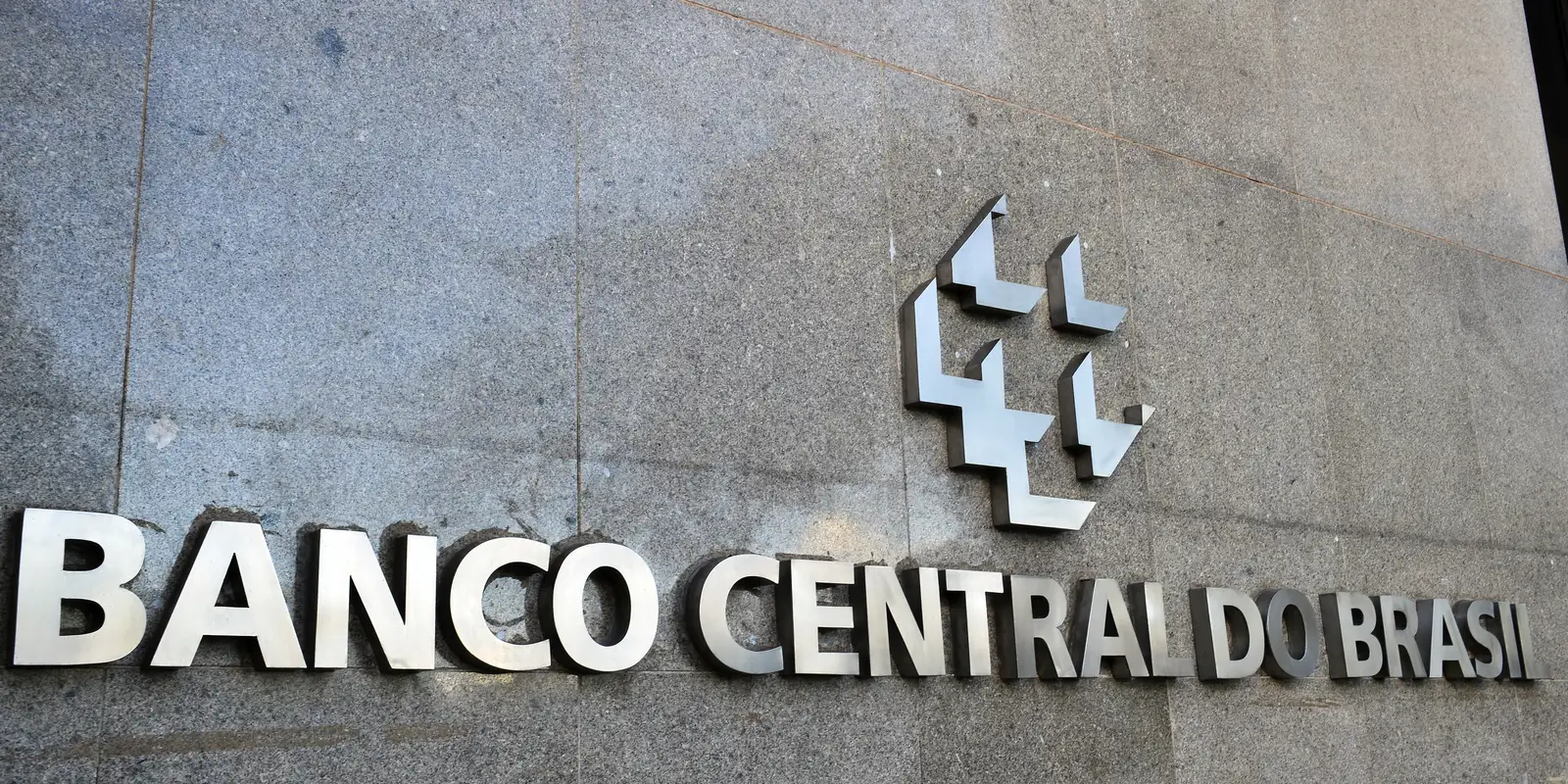Economic activity in Brazil increased in the second quarter, according to information released this Friday (16) by the Central Bank (BC). The BC Economic Activity Index (IBC-Br) increased by 1.1% from April to June compared to the previous quarter (January to March), according to seasonally adjusted data (adjusted for the period).
Compared to the second quarter of 2023, the increase was 2.8%, without adjustment for the period, since the comparison is between equal months.
Considering only the month of June this year, the IBC-Br increased by 1.4% compared to May, reaching 152.09 points, in seasonally adjusted data. In comparison with the same month in 2023, there was an increase of 3.2% (without adjustment for the period).
In the year to date, the indicator was positive at 2.1% and, in 12 months, it registered an increase of 1.6%.
The IBC-Br assesses the evolution of the country’s economic activity and helps the BC make decisions about the basic interest rate, the Selic, currently at 10.5% per year set by the Central Bank’s Monetary Policy Committee (Copom). The index incorporates information on the level of activity in sectors of the economy – industry, trade and services, and agriculture –, in addition to the volume of taxes.
The basic interest rate is used in negotiations of public securities in the Special Settlement and Custody System (Selic) and serves as a reference for other interest rates in the economy. Therefore, Selic is the BC’s main instrument for achieving the inflation target.
When Copom raises the basic interest rate, the aim is to curb heated demand, and this has an impact on prices because higher interest rates make credit more expensive and encourage savings. Thus, higher rates help reduce inflation, but they can also hinder economic growth. By reducing basic interest rates, Copom makes credit cheaper and encourages production and consumption, but weakens inflation control.
GDP
Released monthly, the IBC-Br uses a different methodology than that used to measure the Gross Domestic Product (GDP, the sum of goods and services produced in the country), which is the official indicator of the Brazilian economy measured by the Brazilian Institute of Geography and Statistics (IBGE). According to the BC itself, the index “contributes to the development of the country’s monetary policy strategy,” but “is not exactly a preview of the GDP.”
In the first quarter of this year, the indicator grew 2.5% compared to the same period last year. Compared to the last quarter of 2023, GDP grew by 0.8%.
The official GDP for the second quarter will be released by IBGE on September 3rd.
Exceeding projections, in 2023, the Brazilian economy grew 2.9%with a total value of R$10.9 trillion. In 2022, the growth rate was 3%.
















